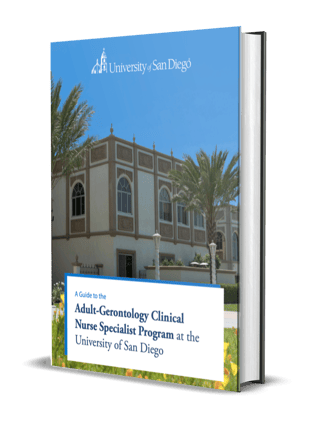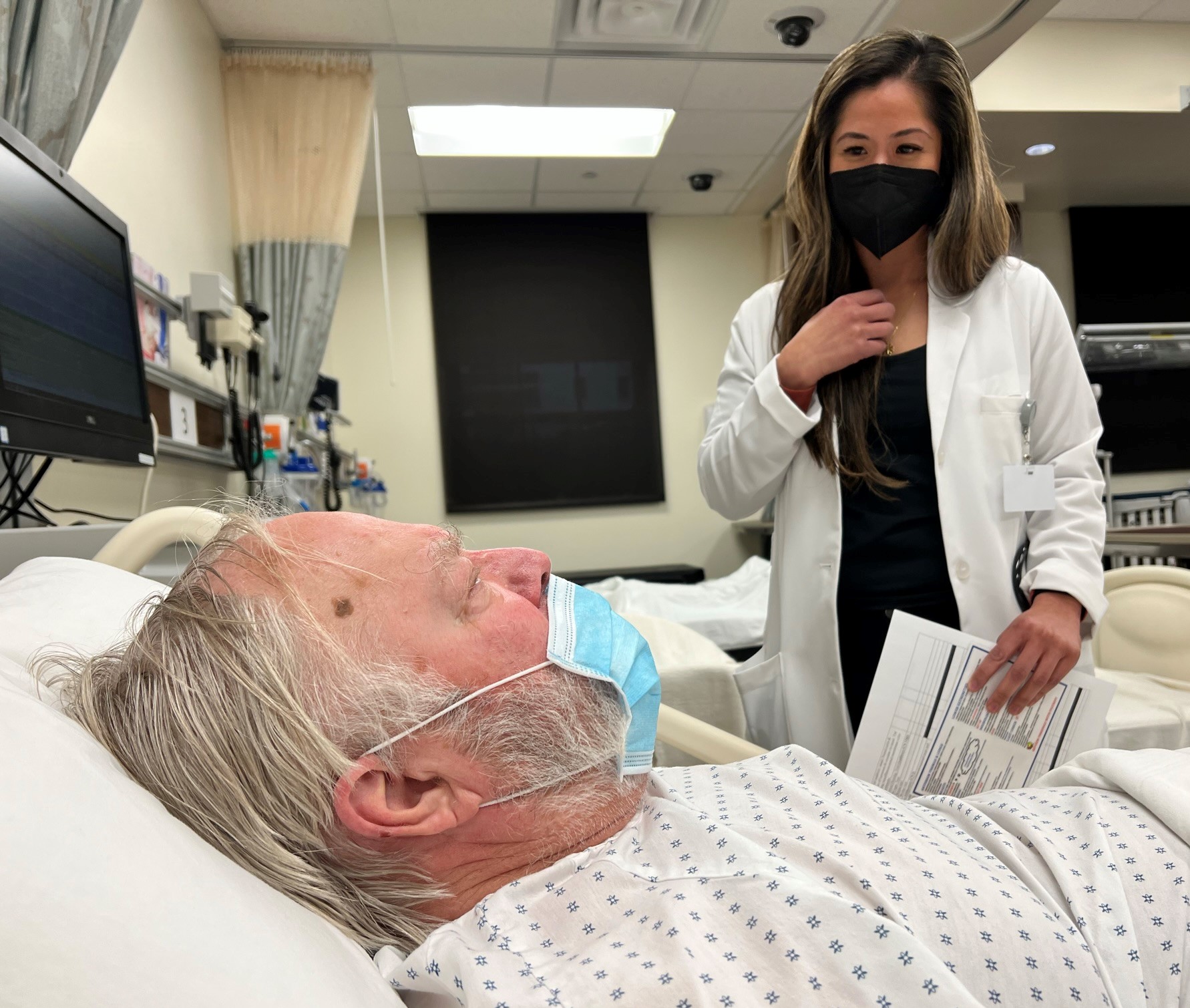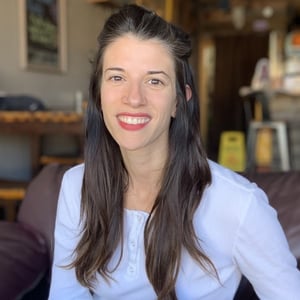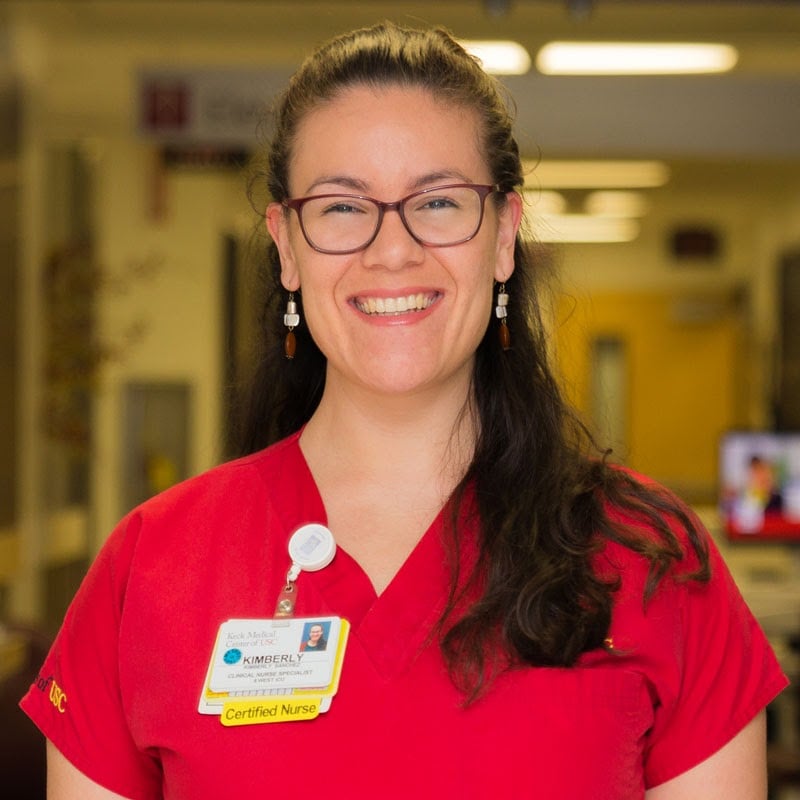About the Program
At the Hahn School of Nursing, compassion informs our deep commitment to alleviating suffering. Healthy aging is one focus of that mission, and it comes to life in our Adult-Gerontology Clinical Nurse Specialist (CNS) program—a specialty within our Master of Science in Nursing program.
This program prepares nurses for the advanced practice role caring for adults and geriatric patients across healthcare settings. Our students master their skills as expert practitioners, educators, consultants, researchers, and clinical leaders. Educating fellow nurses, helping with patient care, problem-solving, and establishing healthcare programs are just a few of the skills you'll build and refine.
Graduates are eligible for certification as Clinical Nurse Specialists in the state of California and for national certification as Adult-Gerontology Clinical Nurse Specialists by the American Nurses Credentialing Center (ANCC) and the American Association of Critical Care Nurses (AACN).
Learn more about USD's Adult-Gerontology Clinical Nurse Specialist program.













